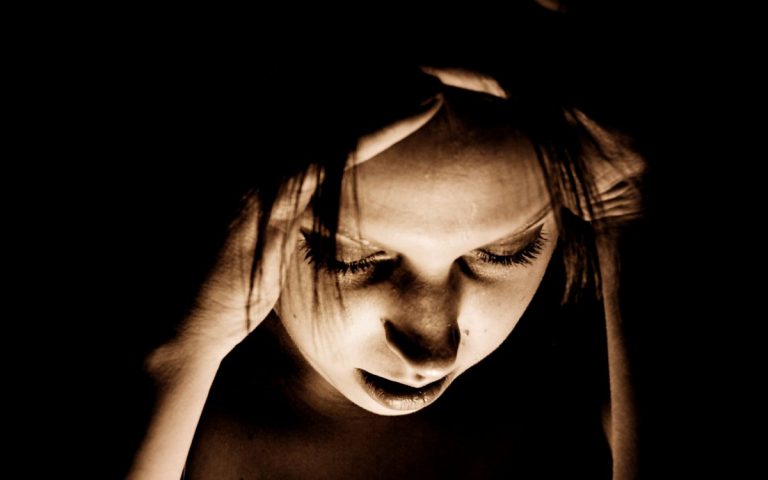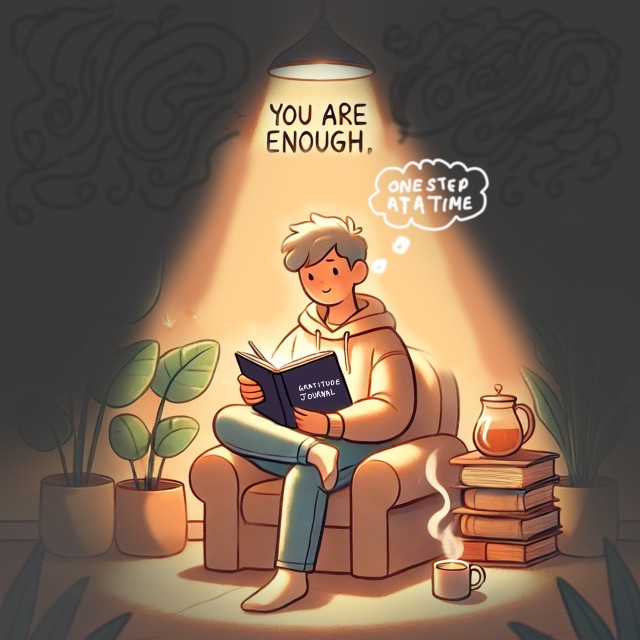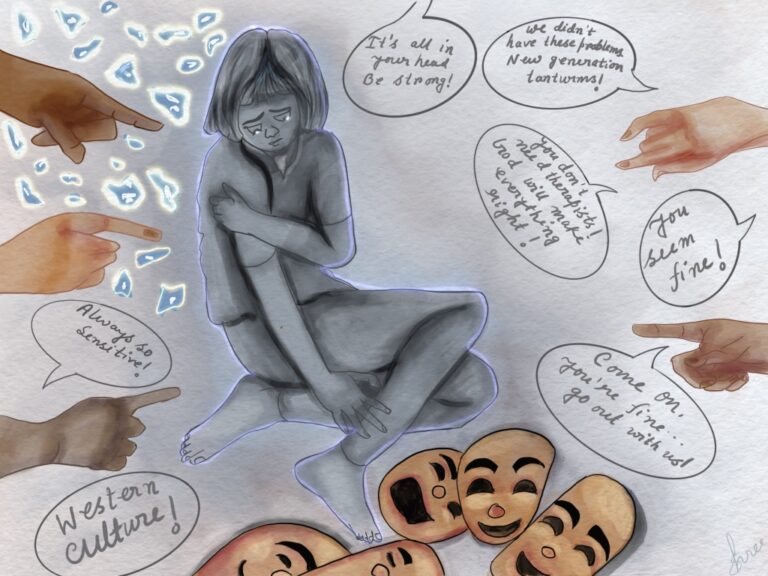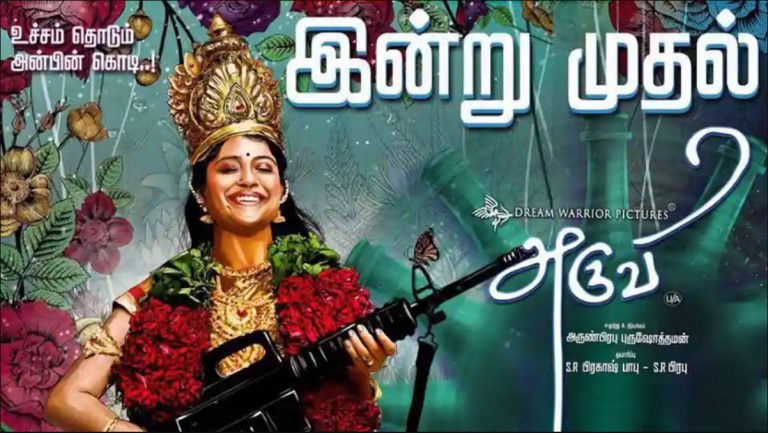Shakuntala: The missing narrative of child rights
Vidhi Bubna is a young changemaker working towards making the world a more equal place.
Shakuntala, released on 31st July, 2020, tells a story of indomitable courage. It is indeed inspiring to witness the tale of a person who strove to have it all, surpassing the barrier of gender and class. Moreover, to span the lifetime of a person and portray each emotional crisis with sufficient screen-space and depth is surely an achievement that reflects the skill of excellent cinematography.
Told through the lens of a daughter, the narrative recites the journey of the gifted mathematician with frustration, awe, repressed admiration, and eventually reconciliation. It also reflects the trials and tribulations of womanhood across three generations.
There is surely a lot of inspiration, hope and splendour in the film. To think that a woman in the 20th century travelled overseas on account of sheer talent and hard work despite lacking formal education, walked in and out of a marriage as per her choice, and raised a child nearly all on her own in a patriarchal world, does not sound short of a miracle.
Miracles always sound more spectacular in the form of a popular tale in comparison to lived experiences though. A person who earned prestige, wealth and social capital looks larger than life on screen, but even if a human computer manages to escape human errors while making calculations, a life that is supposed to be lived, somehow is never devoid of emotional fractures; and Shakuntala Devi , beguiled by a life of perfection, finesse and acclaim, lost something in life, perhaps just as much as she gained out of it.
We often desire the very things that we lack, and her daughter Anu too exhibited this. Riddled with fame, wealth and luxury, she craved for the only thing she lacked. A normal schoolgirl’s life. The sedentary nature of existence, the safety and enclosure of a home, the protectiveness of a doting father; probably the emotional intimacy of a best friend, someone to share the insecurities and turmoil of a teenage heart while growing up.
Anu sought a sense of permanence and stability. The mother was thrilled to devour and scour the world. The daughter just sought a tiny little nest of her own where she could confine her world. Why should one form of desire be considered more significant than the other?
Does Shakuntala’s life appear like an embodiment of perfection?
Perhaps, yes.
Is it alright to also characterize her as selfish and snobbish for wanting to make her life revolve around her own needs, desires and choices and retain her closeness with her only child at the same time?
That’s a trickier question to answer.
Shakuntala’s prime sin seems to be to want to enter a man’s world and live it like a man. Her achievements, intellect and growing fame, had it resided in a man’s persona; would have rather enhanced her appeal as a father who would have been a source of inspiration and admiration for his children.
Because the dichotomy between home and world, inside and outside, is reflected within the contours of an Indian household. The mother is expected to be the repository of culture, tradition and family values. The father, on the contrary, is expected to fare with success in the world and ignite the excitement and zeal in his children to make it huge in life.
Shakuntala’s success and individual fame evokes a crisis in her motherhood, because even though she loved her daughter possibly more than her prime hobby and passion which was math (as she said in the film), she also sought to make things revolve around herself, a trait and desire that goes contrary to what the social construct of motherhood, at least in an Indian context, entails and demands of a woman.
Embedded within a culture where the epitome of an ideal mother is one who sacrifices her self for the well-being and nourishment of her family, Shakuntala wanted to emerge as a towering figure of success and charm, surpassing the confines of a family and household, and yet retain her sole authority and right over her daughter.
For a viewer who was completely unfamiliar with the personal details of her life, the beginning scene itself was a huge surprise. It is difficult to fathom what could have possibly inclined a daughter to impose criminal charges upon her mother. For as an audience we are not adept in perceiving motherhood as a grey area, a zone of ambiguity and imperfection.
Perhaps because we imagine a mother as a source of ultimate comfort, protection, nourishment and strength for a child, we find it hard to imagine, or to accept any motherly figure as anything short of selfless and all-giving. So any fault, or error in the task of child-rearing, evokes a huge amount of guilt, which is reflected in the scene where Anu’s mother-in-law tells her that every mother is considered to be at fault, for either showering too much affection and spoiling her child; or for withholding affection, which would count as neglect.
But while it can be empowering or liberating to witness a woman overcome every shackle of a patriarchal society and live life upon her own terms, it would be reductive to characterize her story as simply a victory against the world. Her life, and the nature of herself’, is not free of problems.
Shakuntala also has a lot of traits that are found detestable in the traditional patriarch of a family. The urge to control events and circumstances in life so that they suit one’s own needs, to assume that one has the right to exert control over the fate of their children, and most glaringly, to think that our children are merely the extension of our own selves, who would fulfil our visions and aspirations, is a selfish desire at best.
The relationship between Shakuntala and Anu is telling of the fact that life is not an equation of binaries, that tradition and modernity are not simply opposing sides of a coin. They merge and mingle with each other to create shades of mixture.
In a bid to win it all in a world dominated by men, did Shakuntala miss out the most basic needs of her offspring’s healthy childhood, and emotional development?
Shakuntala can question the norms and hypocrisy of a patriarchal society all she wants, but her absolute verdicts on what should be desirable, or what is apt, for her daughter, is stifling. Her disdain for everything conventional became so extreme that she completely undermined her daughter’s primary desires and cravings.
Her decision to withhold Anu’s father’s letters from reaching her, speaks of an entitlement she assumes for herself simply because as a genius ensconced in her own individuality, she thinks that she takes all the right decisions.
While her resentment that she is questioned for wanting the independence to roam across the world, build a career and yet parent a child merely on account of being a woman is comprehensible, her assertiveness to determine all events and outcomes is not.
She chose to separate from her spouse and yet retained sole custody over her child. Is that ethical at all?
She never chose to ask Anu whether she wants to be a normal schoolgirl in a city or live life as the great mathematician’s daughter, on a tour across the globe. Whether she wants to divide her time between both her parents in proportions. Whether she misses her father or wishes to visit Calcutta at least once in a while.
While the mother and daughter eventually reconcile despite a bunch of differences, it is important for us to remember while glorifying Shakuntala Devi as the amazing, admirable personality who chased her dreams at all costs; that her life and her story are not devoid of tough emotional choices that could wreak havoc upon a child’s mental health.
Anu by the end of the movie, pays ode to her mother for teaching her to live life in its fullness, without sacrificing the desires, instincts and needs of one’s own self. Were Anu’s own desires ever fulfilled, though? She was blessed with all the riches of the world, but had to fight and struggle for the kind of things a child usually takes for granted.
Shakuntala just assumed that a daughter of the genius who became one without ever going to school; would also want only an astounding intellectual capacity in life, and not a secure home, family and school to grow up in.
Was she really liberating her daughter, or satisfying her own urge to topple tradition in order to undo the submissiveness she had seen in her own mother, and which she detested so much? Did Anu have to pay a huge price for being the daughter of a legend? Did her voice and desire get submerged beneath the individuality of her mother, because anything she wanted or felt, would have looked too conventional for a feminist figure’s daughter?
Shakuntala as a movie is a lot of things, but it is hard to determine whether it is feminist or not, for even though it tells the tale of a woman who aspired to have it all, it is also a tale of a dominant, controlling mother who neglected the wants and needs of her stifled, wanting daughter; for a major chunk of her childhood.








